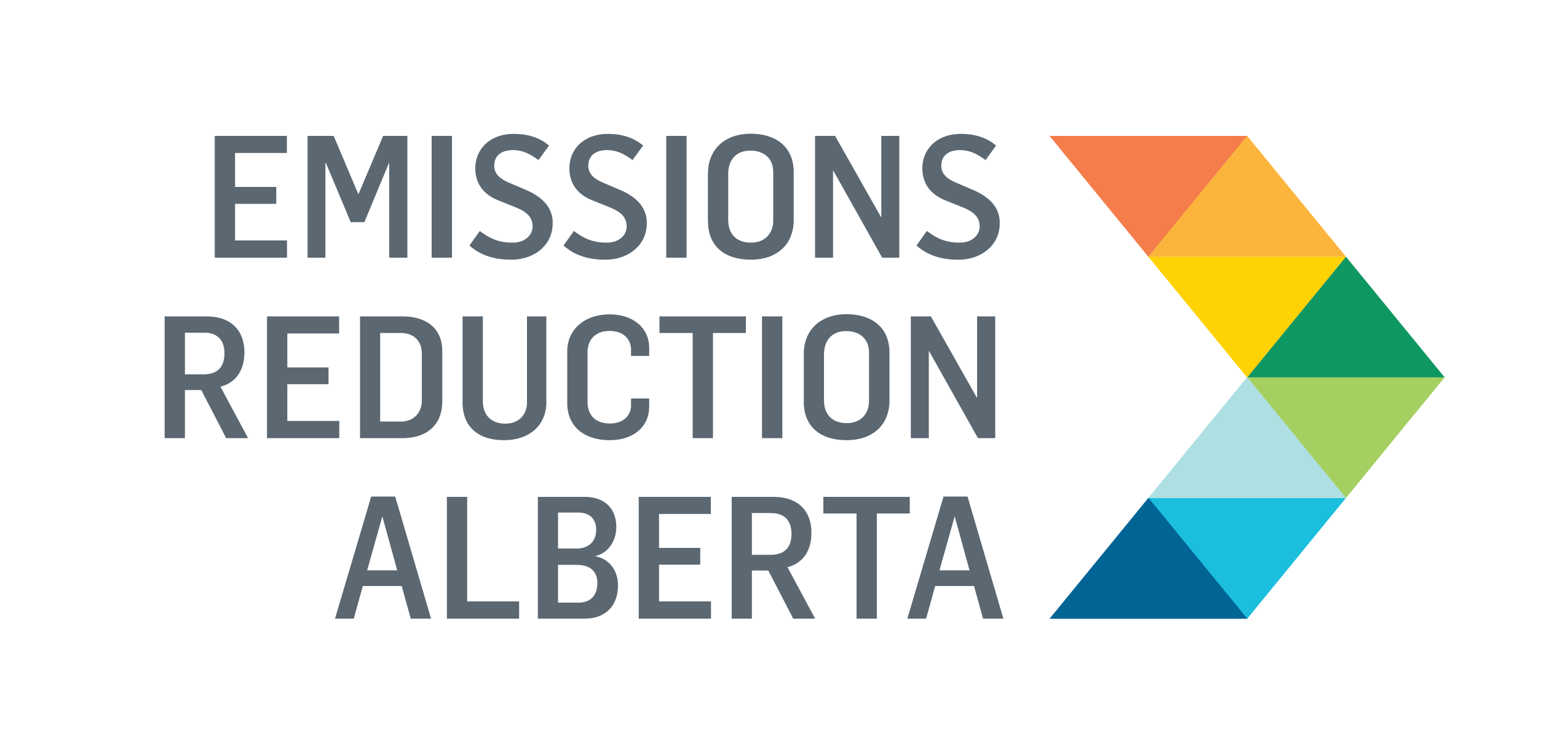Demonstrating Canada’s First Urban Biogas Plant
Funded through Round 1: Open Call in 2011, the Lethbridge Biogas project entailed building and operating a 2.85-megawatt biogas and cogeneration facility that uses advanced anaerobic digestion technology to turn organic waste into electricity. This first-of-its-kind facility in Canada demonstrates the use of innovative technologies to reduce greenhouse gas (GHG) emissions and will directly contribute to Alberta’s long-term climate change goals.
The Lethbridge Biogas facility uses a process called “anaerobic digestion,” meaning without oxygen, to turn organic waste, like manure, food scraps and animal by-products, into biogas. This biogas is then used to generate electricity for the Alberta grid. The facility includes large tanks where the waste breaks down in the absence of oxygen, producing a gas that’s mostly composed of methane. That gas is cleaned and filtered, then burned in engines to make electricity. Heat from the engines is captured and used to keep the system running efficiently in a closed-loop system. In its six months of operation from June to November 2013, the facility reduced emissions by an estimated 500 to 1,000 tonnes overall. This reduction results from turning organic waste into energy, preventing that waste from rotting in landfills or manure lagoons, where it would release methane and other harmful gases into the air. Additionally, the energy it produces can replace electricity from natural gas, which also cuts emissions.
This facility is unique because of its scale, the mix of waste it can handle, and the advanced technology it uses. It’s one of the first commercial biogas plants in Canada, built off-farm and close to an urban area. It uses a high-efficiency digestion system and includes an innovative biological cleaning system that removes harmful gases like hydrogen sulfide from the biogas using special materials that support bacterial growth. It also has a strong odour control system that combines chemical scrubbers with biological air filters, helping it to operate cleanly, even near a city.
Demonstrating the Operational Readiness of Large-Scale Biogas Plants
The Lethbridge Biogas project offered several important lessons about the technical performance, feasibility and market potential of commercial-scale anaerobic digestion in Alberta. One of the key takeaways was that advanced anaerobic digestion systems can reliably process a wide range of liquid and solid organic feedstocks, including grocery waste and food processing residuals, while maintaining stability and consistent biogas production. Commissioning activities during the project also revealed the importance of a staged start-up process and careful feedstock management to establish and maintain optimal microbial health in the digesters. The introduction of high-energy solid feedstocks had to be timed precisely to avoid system shocks, and several mechanical and software adjustments were required to fine-tune the solid feeding system. These operational learnings highlighted the need for flexible, modular equipment and robust control systems to accommodate feedstock variability and maintain performance.
From a marketability perspective, the project demonstrated growing demand for sustainable waste management solutions, with the facility attracting interest from grocery chains, food processors and hog operations. However, challenges around emission offset crediting, particularly delays and uncertainty in landfill diversion protocols, underscored the need for clearer and more supportive policy frameworks. Despite these barriers, the project showed that renewable electricity from biogas can be integrated into Alberta’s grid, and that such facilities can provide meaningful environmental, economic, and societal benefits when supported by the right mix of technical design, regulatory approvals and public-private investment.
What’s next?
The project was completed in 2014, and the facility successfully scaled up from concept to full operation, proving the viability of off-farm, industrial-scale biogas systems in a Canadian context. In 2020, the plant expanded to introduce Lethbridge Biogas into the natural gas market by allowing for the plant’s biogas to be purified into pipeline-grade biomethane, which is then injected into ATCO’s natural gas grid. Two years later, in 2022, the plant was acquired by Skyline Clean Energy Fund, a privately managed investment fund focused on investing in renewable and clean energy production. The plant is still operational and is Skyline Clean Energy Fund’s largest acquisition to date, the first to earn income from renewable natural gas sales.
